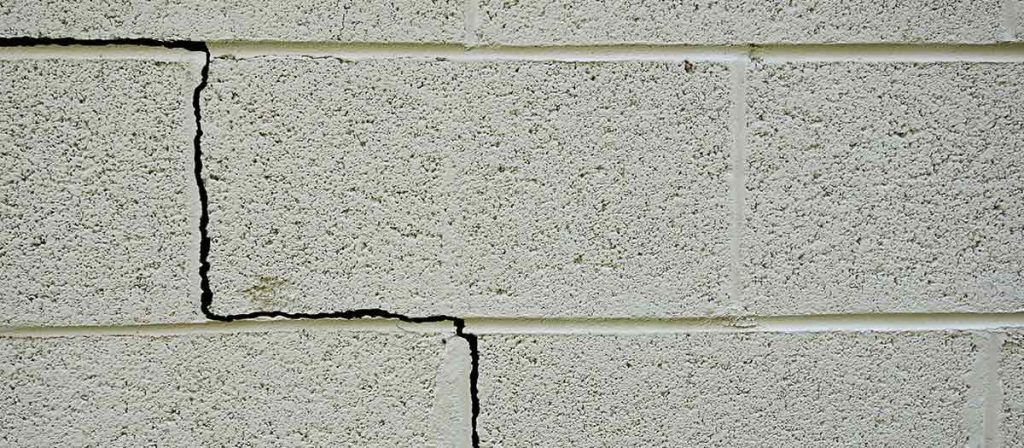What is the liability, if any, of vendors, builders, or lessors of defective premises?
Let’s take a look.
Contract-liability of vendor and lessor
Caveat emptor is the contractual rule that prevails. Caveat emptor means “buyer beware”, therefore if you are a buyer you need to carry out your own enquiries and inspections, for neither the vendor nor lessor will be held liable for any defects in the premises, unless he has made some express warranty.
There are some exceptions, however, to the rule that no warranties are implied by the vendor or lessor of real property. For example:
- Where a vendor sells a house in the course of construction certain implied terms will be implied by the Courts
- A lessor of a furnished premises to be used for residential accommodation implies the premises will be fit for such occupation.
Tort
The general rule of negligence used to have no application in respect of a vendor or lessor of premises. That position has changed somewhat over the years.
The lessor of a building may now be liable in tort for defects created after the lease has been made if he alters the condition of the premises.
The lessor may also be liable if he creates a nuisance on the property or authorises usage of the property which causes wrongful interference with another’s use of the property.
In summary, the purchaser and tenants can sue in negligence if they can show proximity, reasonable foreseeability of damage, and breach of duty.
The Contract Builder
By contract builder I mean a builder who builds on specific instructions from a client, not one who buys a piece of land and speculatively builds a house.
The Courts have recognised there are implied terms, if not expressly stated, as follows:
- The work will be done in a good manner
- Proper materials will be supplied
- The house, when finished, will be reasonably fit for human habitation.
Furthermore, the contract builder will be liable in negligence for dangerous defects, in the same way as a manufacturer can be held liable for defective products. If the defects of quality did not lead to a danger to the health and safety of the occupier then the liability of the builder may only lie in contract, not negligence.
Contractual liability will also arise and the owner of the premises will benefit from the Sale of Goods and Supply of Services Act 1980 and the contract between builder and house owner.
The Builder Vendor/Builder Lessor
This builder is one who builds on spec, not a contract builder referred to above.
We have seen above that the vendors and lessors of real property enjoyed an immunity by virtue of the caveat emptor principle, while the builder of the premises could be held liable in negligence or contract.
The builder vendor/builder lessor used to enjoy the immunity provided by “caveat emptor”. Down through the years, however, the Courts began to recognise that such builders could be held negligent for foreseeable damage to an occupier of his building.
The extent of the duty was in respect of quality defects, dangerous defects, and inconvenience.
Architects, engineers, surveyors, auctioneers
Architects, engineers, surveyors, and auctioneers may also be considered to be suitable defendants in negligence cases arising from the building context. A professional will not, however, be expected to possess qualifications which he does not hold himself out as possessing, for example, an auctioneer being sued for structural defects in a house.
